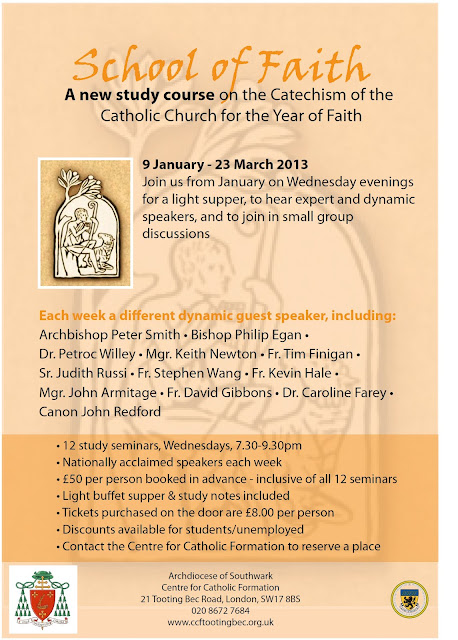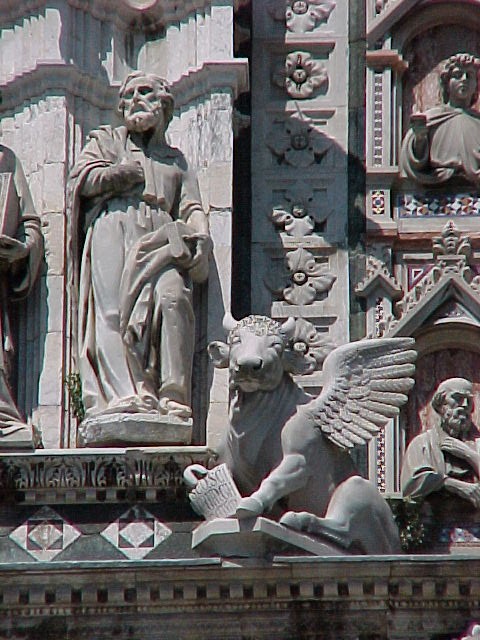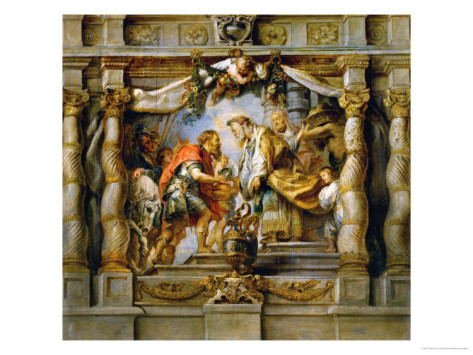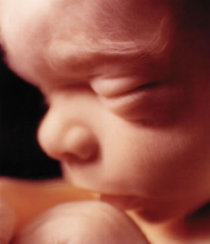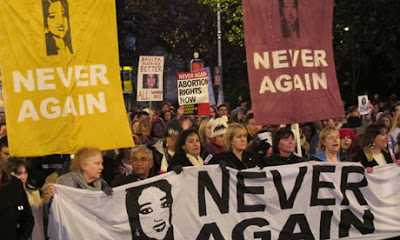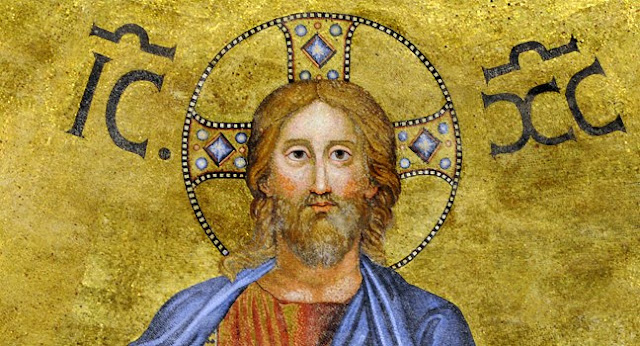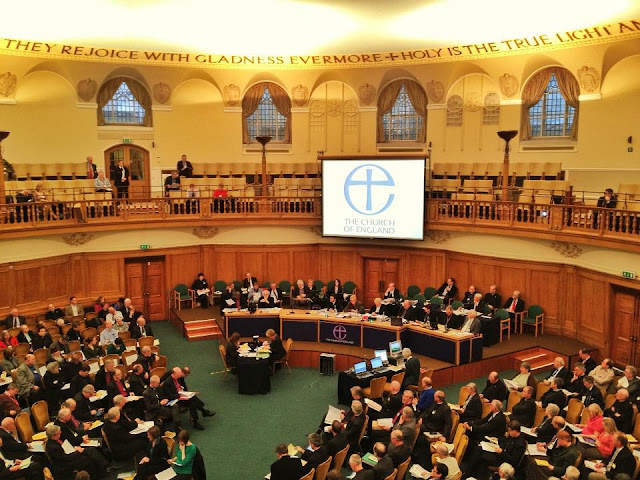Sunday Scripture: First Sunday of Advent (Year C)

Welcome to this, the nineteenth of my reflections on the theology of the Sunday readings at Mass. Thank you for taking the time to read my blog. I sincerely hope that this reflection will inspire you. You might find that it answers a few questions you may have, but most of all I hope that it will show you how fantastic Sacred Scripture is and perhaps enable you to share some of my love and passion for the Bible as you begin to comprehend how layered and multi-faceted it is, and what a carefully considered part of the Mass the readings are. If you want to know how these posts came about, please read my first post in this series here . I would like to think this regular blog would be a great help to anyone who reads at Mass, to enable them to foster a deeper understanding of the message they are trying to impart to the congregation. There are several different ways to read this post. I would suggest the first thing to do is to look at the relevant readings . You might then
